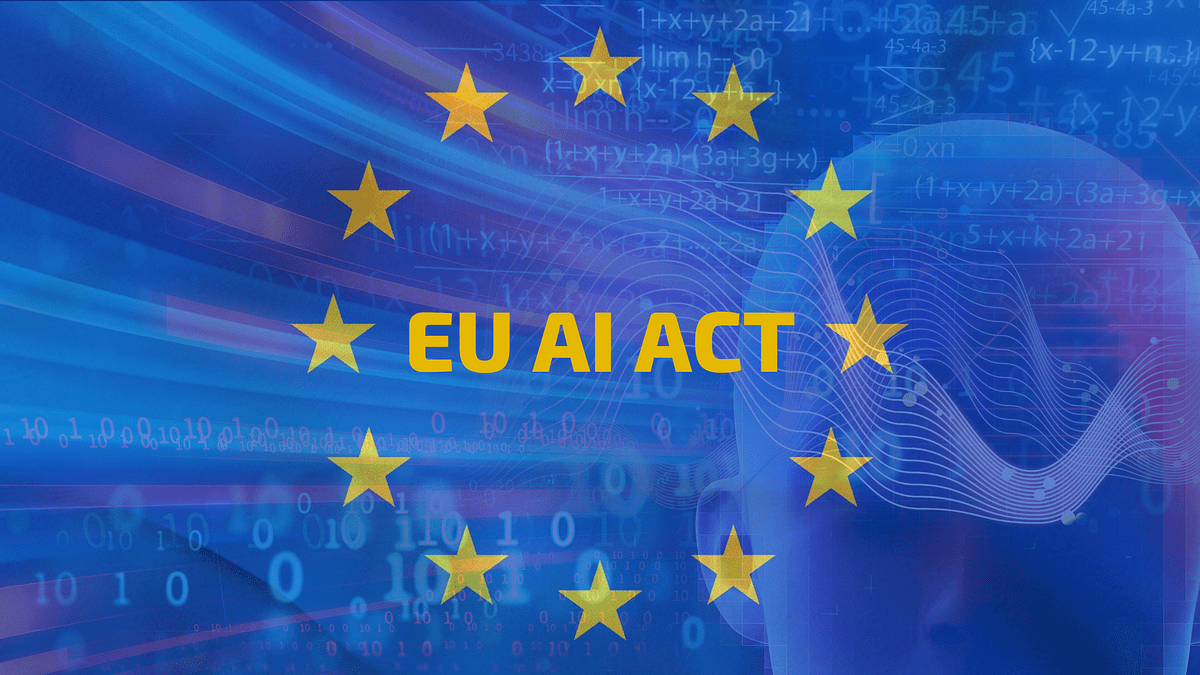In a bold move that’s sparking debate across the tech world, Meta has refused to sign the European Union’s new voluntary agreement on artificial intelligence, arguing that the policy is an “overreach” that could hinder innovation and stunt AI development.
What Is the EU AI Pact?
The European Commission recently introduced a non-binding agreement encouraging AI firms to commit to transparency, safety, and accountability in AI deployment. While the pact isn’t legally enforceable, it acts as a framework for responsible AI ahead of the formal implementation of the EU AI Act — the world’s first major AI regulation.
Major players like Google, OpenAI, Microsoft, and Mistral have already agreed to sign on.
Why Meta Is Opting Out
Meta argues the pact introduces vague expectations and risks duplicating existing regulatory burdens. In a statement, the company said:
“We support responsible AI, but this agreement goes beyond voluntary best practices and risks stifling innovation with unclear guidelines and potential overreach.”
Meta instead advocates for global cooperation and technical alignment, rather than region-specific frameworks that could fragment AI governance and slow progress.
Industry Reactions
Meta’s stance has drawn both criticism and support:
- Critics say Meta is dodging responsibility and undermining ethical AI principles.
- Supporters argue that premature regulations can suppress AI potential, especially in fast-moving areas like generative AI and open-source models.
What This Means for AI in Europe
The standoff raises important questions: Can innovation thrive under regulation? And will major AI developers continue to participate in European markets without aligning with its ethical frameworks?
As the AI policy landscape rapidly evolves, Meta’s move signals a wider industry debate — one that will likely shape the future of global AI leadership.
Bottom Line: Meta is drawing a clear line in the sand, emphasizing freedom to innovate over early regulatory commitment. The battle between AI acceleration and responsible governance is far from over.


